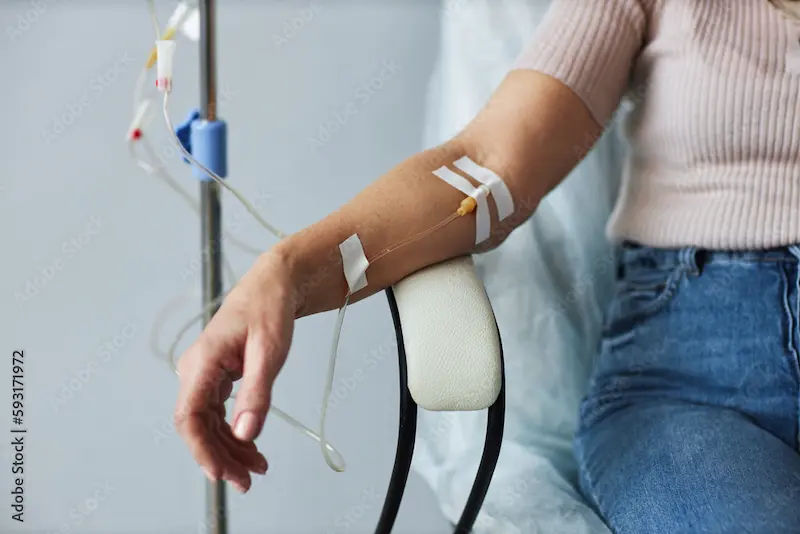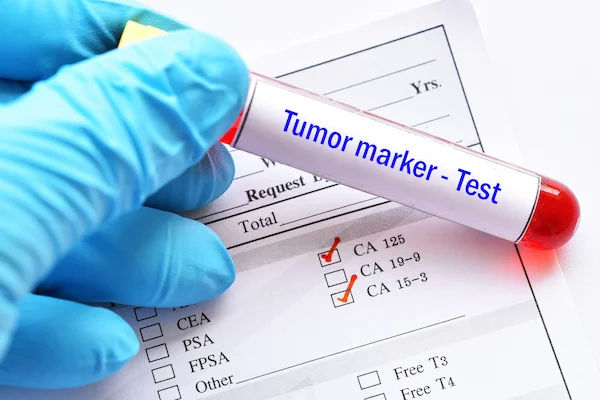- female
- 40 Years
- 14/08/2025
I found a few hypoechoic lesions in both my breasts one 15mm in the upper outer right, two more in the subareolar region, and a couple in the left breast's lower quadrants. There are also some small simple cysts in the upper quadrants. The report says the rest looks normal, but I'm worried do I need surgery or can medicines help What are the risks if I go for surgery
Answered by 1 Apollo Doctors
Hypoechoic lesions in the breast may or may not require surgery. If they’re benign, monitoring them with regular follow-ups is often sufficient. Surgery is typically considered if there’s any suspicion of malignancy or significant changes.
Dr. Dhankecha Suggests...
Consult a Oncologist
Answered 14/08/2025
0
0

More Oncology Health Queries
View allHow do cancers start?
The cause of cancer is multifactorial such as genetics, environmental and lifestyle. Cancer develops when the body's normal control mechanism stops working. Old cells do not die and instead grow out of control, forming new abnormal cells which may form a mass of tissue called a tumor.
Answered by 1 Apollo Doctors
I'm really concerned about a tumor in my breast that's about 1.5 inches from the top. It feels round, but the inside seems flat. It's been painful twice a week, and I feel the same pain on my back where the tumor is located. I've been seeing a homeopathic doctor who said it would improve in six months, but it seems to be getting worse and I haven't done any medical tests yet. What should I do?
consult surgeon
Answered by 1 Apollo Doctors
My mom had breast conservation surgery and just got her biopsy report but still waiting for ER PR results. The staging says T1N1aMx and mentions metastasis couldn't be determined - does this mean they don't have enough data or are unsure? Also, I read stage IIA cancers are nonmetastatic, so why does it say Mx then? What does this report mean and what should we do next?
sx opinion is advised.
Answered by 1 Apollo Doctors
Disclaimer: Answers on Apollo 247 are not intended to replace your doctor advice. Always seek help of a professional doctor in case of an medical emergency or ailment.



.webp)
